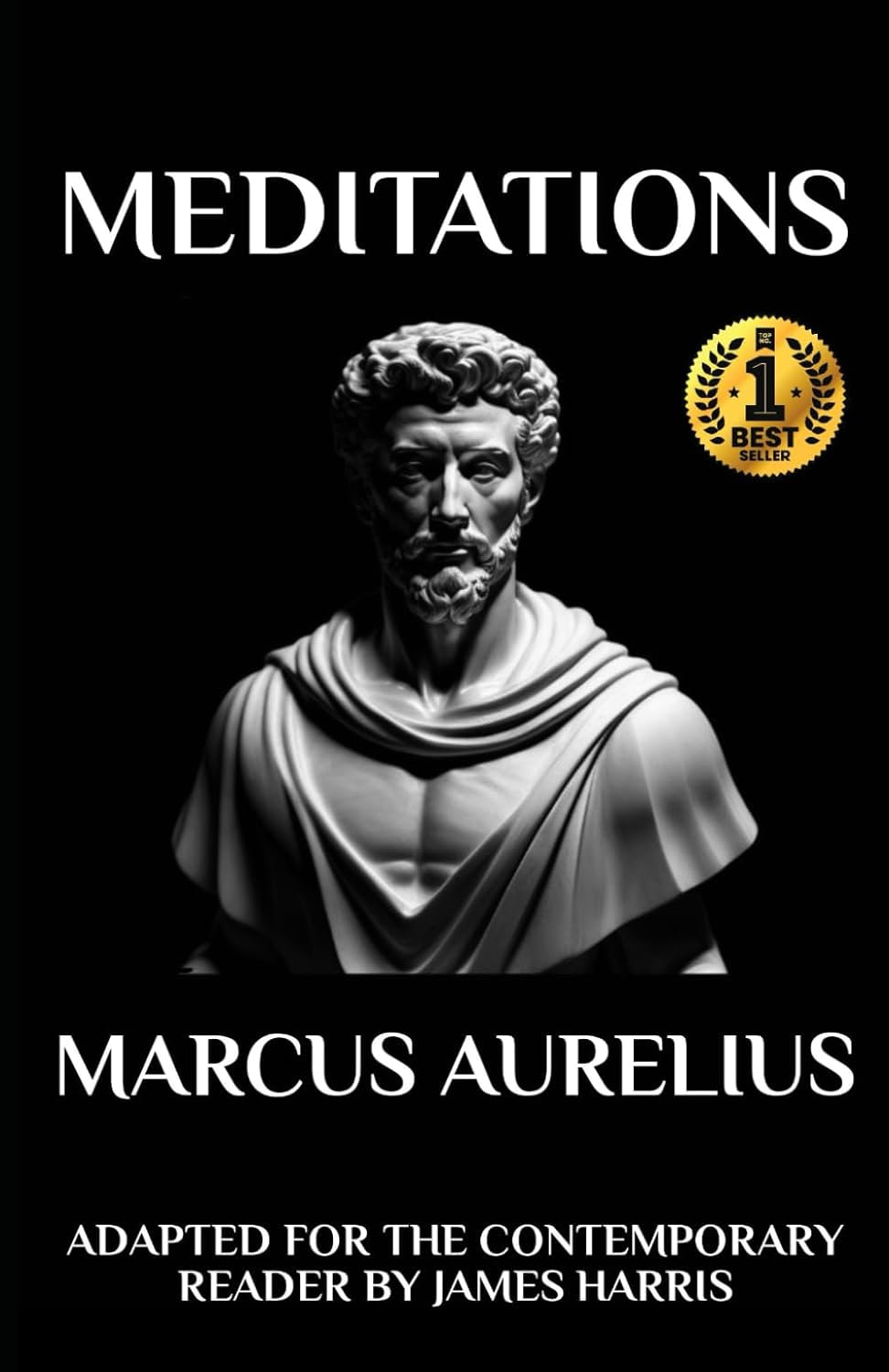Marcus Aurelius Antoninus Augustus, born on April 26, 121 CE, was more than a Roman emperor — he was a philosopher-king, a Stoic exemplar whose life and writings still echo profoundly across the millennia. His reign, from 161 to 180 AD, encompassed both peace and struggle, a duality reflected in the intricacies of his life and career. Born into the aristocratic Antonine dynasty, his youth was one of privilege, but the burden of anticipation also forged it. Antoninus Pius, his predecessor, had adopted him. This adoption ensured his future as emperor, but it also brought with it a great sense of responsibility. This adoption was more than a matter of political chess. Antoninus Pius, a wise and just emperor, became an exemplary mentor and father figure, profoundly shaping Marcus Aurelius’s growth as a man and as a leader.
His schooling was rigorous and well-rounded, encompassing rhetoric, philosophy, and military strategy—a course of study designed to prepare him for the multifaceted challenges of imperial rule. He adopted Stoicism with a passion that profoundly shaped his personality and leadership style. Unlike most of his peers, who pursued power and glory above all else, Aurelius viewed his imperial position as a burden. This public service required steadfast devotion and self-sacrifice. His journal entries, most famously Meditations, expose a man in constant pursuit of self-betterment, struggling with the contradictions of human nature, and attempting to live virtuously. The Meditations, although ostensibly a private journal, offer an intimate glimpse into his inner thoughts, struggles, and aspirations. They’re not refined philosophical essays; instead, they’re a raggedly frank documentation of a man struggling with his mortality, his obligations, and staying calm under pressure.
While his reign saw the continuation of the Pax Romana, a period of relative peace and prosperity, this was marked by important military campaigns on the empire’s borders. The Marcomannic Wars, also known as the Germanic Wars, consumed his later years. These wars stretched the Roman army to its limits. They required Aurelius’ personal attention, compelling him to spend long periods away from Rome. The stresses of war, compounded by the ceaseless demands of imperial administration, bore down upon him. Still, he did not waver in his dedication to duty and the life of virtue. He never abandoned his Stoic creed, even when confronted with overwhelming adversity, demonstrating a legendary toughness and devotion to justice.
This dichotomy between the private man exposed in his *Meditations* and the public ruler of the great Roman Empire is profound. The inward-looking thinker, struggling with his imperfections and neuroses, stands in contrast to the ruthless ruler, forced to make brutal decisions that impacted millions. His rule was not without blemish, for he wrestled with the intricacies of imperial politics and could sometimes be harsh. His dedication to reason, justice, and the noble pursuit of virtue is a timeless legacy.
Marcus Aurelius died in Vindobona (modern Vienna) in 180 AD, amidst the Marcomannic Wars. His passing closed the chapter on a wonderfully peaceful and prosperous era, an era very much his own creation through his philosophy, devotion, and insight into the importance of a noble leader. His legacy does not lie in his martial or political victories, but rather in the wisdom of the Meditations, a shining example of Stoicism’s power and a timeless handbook for living a life of meaning. He’s not just an ancient emperor; he’s a profound philosophical light in the dark and a reminder of the fundamental burdens of power and the struggles of virtue.





